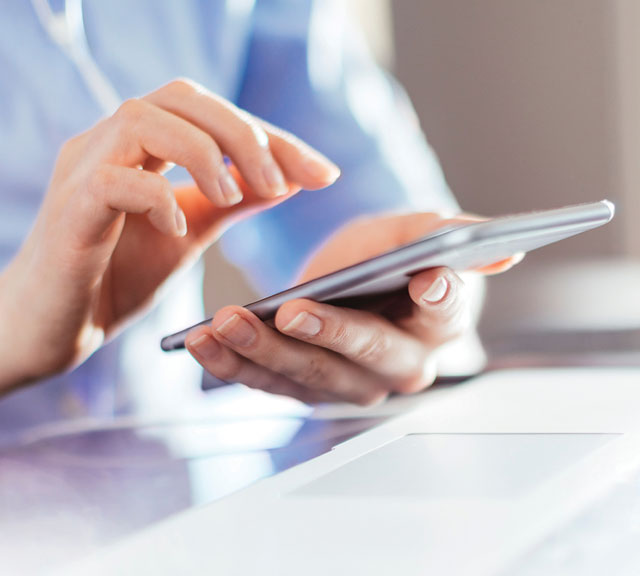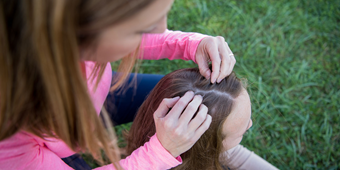Get Ready for the Mobile Medical App Tsunami

Answer a few questions and we'll provide you with a list of primary care providers that best fit your needs.
It’s coming. If you haven’t already taken the plunge, now might be a good time to stick your big toe into the exploding technology of mobile medical apps. At the very least, check your smartphone for a built-in health/medical I.D. app, available on iPhones, Androids and other mobile platforms. It could save your life in a medical emergency.
What Benefits Do Mobile Medical Apps Offer?
Mobile medical and health apps take a giant leap beyond wellness apps that track your nutrition, fitness or sleep. They can make scheduling and remembering medical appointments easier, help you manage medications and even aid in diagnosing and treating some medical conditions. In addition, they:
- Facilitate patient-doctor communications and collaboration
- Increase patient knowledge and input in medical decisions
- Improve patient safety by helping patients follow treatment plans
- Empower patients to have more control and management of their chronic conditions
- Help doctors and patients save time
- Allow management of family members’ health
Are There Drawbacks to This Tapping and Swiping?
There’s no arguing that the touch technology of mobile medical apps allows you to have more control over your health care. But it could come at a price.
- Digital technology is a playground for hackers, placing your personal health information at risk.
- Improper use of an app can put your health at risk.
- Face-to-face human interaction may decrease, which concerns some doctors.
They can make scheduling and remembering medical appointments easier, help you manage medications and even aid in diagnosing and treating some medical conditions.
Popular Medical Mobile Apps

If you have a primary care physician, it’s likely your physician practice offers an Electronic Health Record (EHR) online tool that allows you to track your medical history, see test results and manage appointments. This is a great way to start if you’re new to the world of mobile medical apps. Most practices offer a mobile app for accessing your EHR.
Once you’re ready to dive deeper, you can search the internet for apps such as the following:
- Medical appointment management. Reminds you of doctor appointments and helps you record notes from your visits via voice, text and photos.
- Medication management. Tracks your medications and sends dosing and prescription reminders.
- Symptom checkers. Helps narrow what might be causing a health problem.
- Pain management. Tracks triggers, trends, pain levels and moods.
- Diabetes management. Records glucose, carbs and insulin information.
- Heart disease risk monitoring. Analyzes recorded data in graph format for you to share with your doctor.
- Pocket echocardiogram. Monitors high-risk heart disease patients through a smartphone attachment; may require a prescription.
- Cancer management. Tracks medications, appointments and side effects; provides resources and many other functions.
- Clinical trial recruitment. Searches for cancer clinical trials from government database.
- Doctor finders. Locates doctors based on your insurance and zip code, which can be helpful when traveling.
App sophistication varies. Some are primarily data storage utilities, including storage of important documents like Medical Power of Attorney. Others integrate information for a more customized experience. On the horizon are smartphone attachments that will monitor blood sugar, measure blood pressure and record oxygen saturation.
Do Your Homework
If you can think of a mobile medical app, it’s probably out there. However, like any medical decision, give thought to how the technology might help you. These questions can get you started:
- Will the app simplify or improve your quality of life?
- Will the app help you better organize information to share with your health care provider?
- What level of information security does the app provide?
- For apps that claim to diagnose or treat illness, is the app FDA-approved?
Your doctor may also be able to recommend apps based on your health management goals. Working with your doctor as you swim your way through the sea of apps may even help you both help each other.
Answer a few questions and we'll provide you with a list of primary care providers that best fit your needs.
Source: Y Media labs.com; AARP; Nextavenue.org; Cancer.net, American Society of Clinical Oncology; Americanmobile.com; Mobihealthnews.com, HIMSS Media




